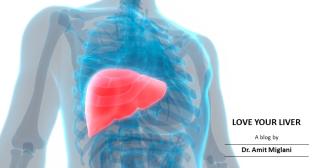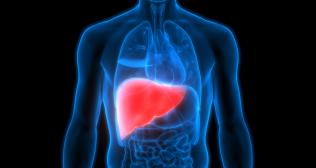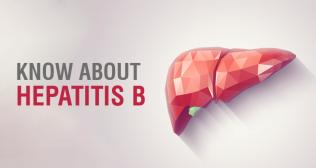
Preventive Measures to Reduce the Risk of Vomiting Blood (Haematemesis)
Haematemesis, commonly called blood vomiting, is a serious condition indicating internal bleeding in the upper digestive tract, oesophagus and stomach. Immediate medical attention is necessary as delays can lead to life-threatening such as organ failure or death.
Haematemesis or blood vomiting represents various colours, from bright red to coffee brown, depending upon the severity of the bleeding. This condition can occur in individuals of all ages but is particularly concerning during pregnancy. Pregnant women should consult a doctor and take preventive measures to avoid this condition. Early intervention and appropriate medication can reduce the risk of haematemesis.
What causes haematemesis?
Common causes of blood vomiting include:
- Inflammation of the upper digestive tract
- Stomach ulcers or peptic ulcers
- Swollen vessels in the oesophagus
- Injury in the oesophagus due to frequent coughing or vomiting
- Severe acid reflux disease
- Alcohol-induced tears in the digestive tract
- Underlying health conditions such as fatty liver, cirrhosis, anaemia and alcoholic hepatitis
Symptoms
When there is an episode of blood vomit, the body may be deprived of oxygen. The symptoms below can be observed:
- Vomiting bright red blood
- Abdominal pain and discomfort
- Nausea or feeling of throwing out
- Weakness, fainting or dizziness
- Rapid heartbeat or low blood pressure
Treatment of hematemesis
The treatment is tailored according to the severity of blood loss. Here are some of the approaches to stabilising a person with such a condition.
- Stabilisation: Initial treatment includes stabilising the patient, which may include intravenous fluid administration, blood transfusions and oxygen therapy to maintain vital functions.
- Medications: Depending on the cause, medications are prescribed. Some of them may include proton pump inhibitors and antibiotics to reduce stomach acid, treat infections or manage blood pressure.
- Endoscopy: This procedure may be performed to locate the source of bleeding and treat it directly by suitable surgical procedures such as cauterising the bleeding vessel or applying clips.
- Surgery: In most cases, GI bleeding stops about 80% of the time. However, if the bleeding does not stop or the cause cannot be identified, your physician may have to perform exploratory surgery in the abdomen to find and fix the problem.
Continuous monitoring and follow-up care are essential to control the bleeding and prevent reoccurrence.
Preventive measures for long-term care
Preventive and long-term management of haematemesis involves addressing the underlying causes and implementing strategies to prevent recurrence:
- Lifestyle modifications: Completely avoid intake of alcohol, cigarettes and NSAIDS. They elevate the risk of gastrointestinal bleeding.
- Dietary changes: Haematemesis can be prevented by adopting sound eating habits and avoiding spicy and acidic foods that cause irritation to the stomach lining.
- Regular medical check-ups: Regular examinations and consultations are necessary to monitor the condition and make necessary changes to a treatment plan.
- Managing underlying conditions: Treating conditions such as peptic ulcer, liver cirrhosis or gastroesophageal reflux disease (GERD) can prevent haematemesis.
- Medications: Long-term use of medications such as proton pump inhibitors or H2 blockers may be required to lower stomach acidic levels and to help prevent bleeding.
- Eradication of H. pylori: If haematemesis is caused by a peptic ulcer associated with H. pylori infection, then treating the infection with antibiotics is an effective way to prevent relapse.
- Stress management: Reducing stress through relaxing exercises and getting sufficient sleep can help control symptoms and enhance overall well-being.
Implementing these long-term strategies can significantly prevent recurrent haematemesis and improve the quality of life in affected patients. If you have any concerns regarding symptoms and treatment, it is important to get medical advice.



















